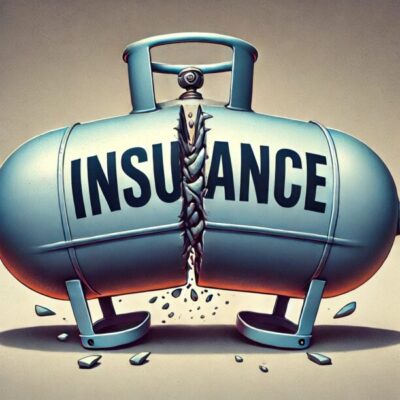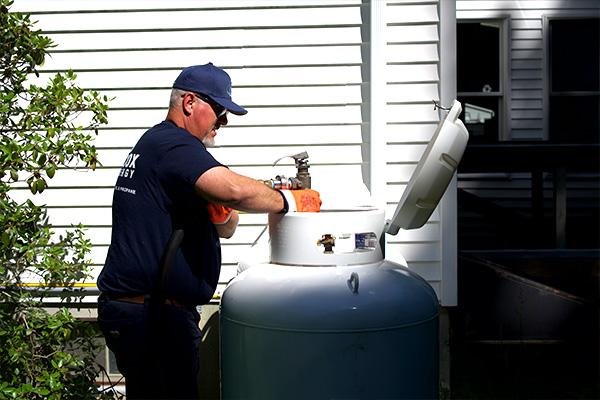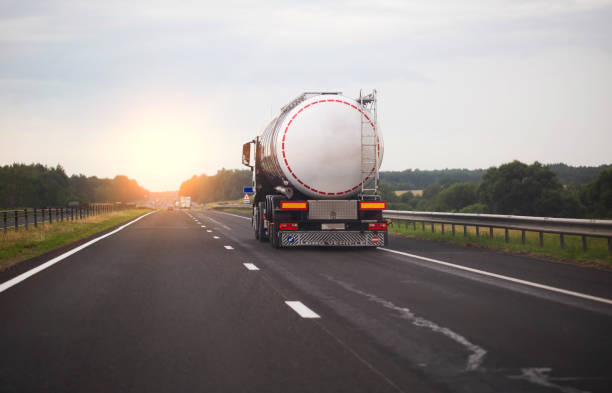Slash Your Company’s Insurance Costs with Safety in 2025
Propane company owners understand that running a tight ship is essential for success; delivering fuel safely and reliably keeps customers happy and businesses profitable. But in 2025, a new pressure point looms large: escalating insurance costs. Industry data and recent developments signal that insurers are tightening the screws, driven by extreme weather events, regulatory demands,… Continue reading Slash Your Company’s Insurance Costs with Safety in 2025






